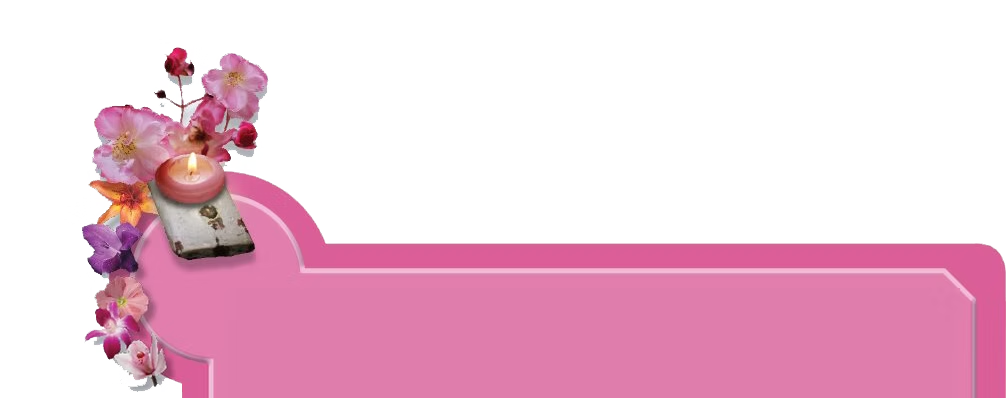top of page


Adenomyosis Advice Association
Adenomyosis Advice Association
advice, support and information on adenomyosis
advice, support and information on adenomyosis
What to Pack for Surgery
What to Pack for Surgery
Remember to pack as light as you can preferably in two small bags, since you will need to be able to move these near to you or reach them easily:
- A Small pillow for your tummy is a great accessory and will be useful as support both against your scar in hospital and on the journey home under your seatbelt!
- Comfortable clothing for the trip home to include slip on slippers and shoes to go home in. Your clothes shuld be easily slipped over your head or easily slide on, and it should be loose-fitting.
- A basket, bucket or large makeup bag for all your referral letters, medications keeping everything in one location.
- Ear plugs and iPod (or small radio) – This will help block out the noises of the hospital and hopefully help you get some sleep.
- Face masks, lip balm and mints – Your lips and mouth will be incredibly dry after surgery, plus you may have a nasty taste in your mouth.
- Scented lotion – Aromatherapy can be relaxing, especially in a hospital where everything smells sterile.
- Oversized cotton panties – these need to be a few
- sizes too big to accommodate swelling and surgical dressings etc.
- Toothbrush and toothpaste – a child or disposable finger toothbrush is ideal and maybe a little bowl in case you are unable to get to the bathroom - at least you can freshen up at the bedside.
- A child's drinking beaker with lid, so that you do not have any spills when reaching out for a drink.
- Since you may not be able to get out of bed for part of your stay in the hospital a dry shampoo might be appropriate.
- HairbrushPonytail holder/hair band.
- Hand sanitiser, facial cleanser, moisturizer etc.
- Deodorant.
- List of phone numbers.
- Small pad of paper and pen for notes.
- Book or magazine.
- Pescriptions in their original containers (check with staff on restrictions).
- Paperwork – Keep this together in a large envelope : -
- Any insurance documentation.
- Documents requiring your doctor’s signature.
- Any other preoperative documents – some hospitals keep these on file, others have patients keep them.
- Identification
Leave the following at home:
- Cash
- Jewellery
- Laptop
- Valuables
- Check about use of mobile phones – Many hospitals do not
- permit phones because they can interfere with machines. Check with the hospital before you check-in.
- Work - this is your time to rest!
- PJs/ nightgowns – you have to stay in a gown as medical staff may need easy access to any IVs you may have, plus there is a chance that an incision could bleed and possibly ruin your nightgown.
- Robe/dressing gown – It’s probably best to ask for an extra hospital gown instead, and wear it open like over your hospital gown.
- Pads - The hospital will likely give you some HUGE absorbent pads to use. While they look intimidating, you’ll be grateful for them.
bottom of page